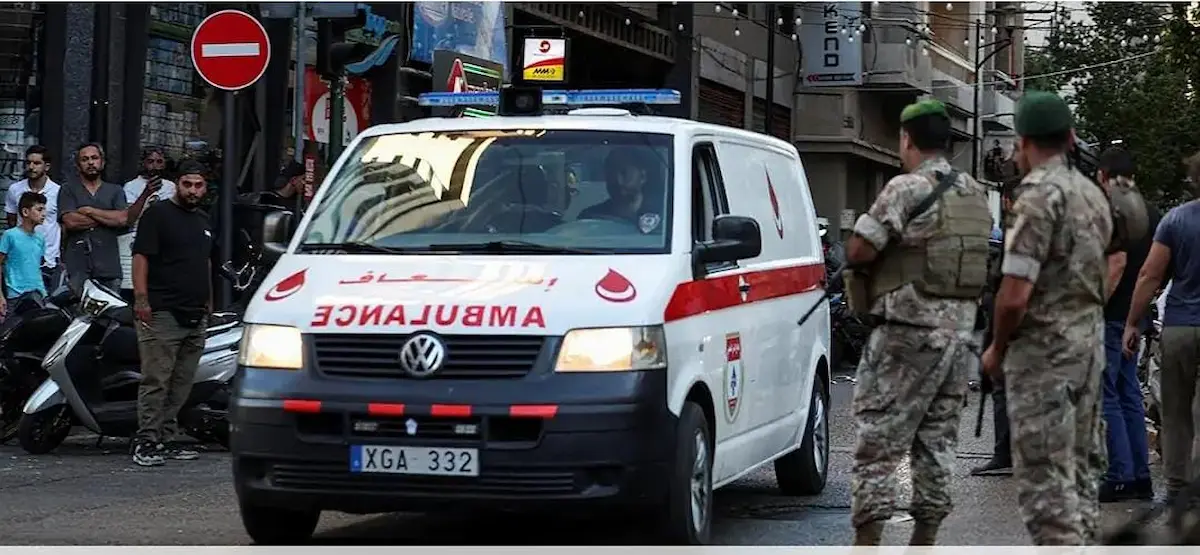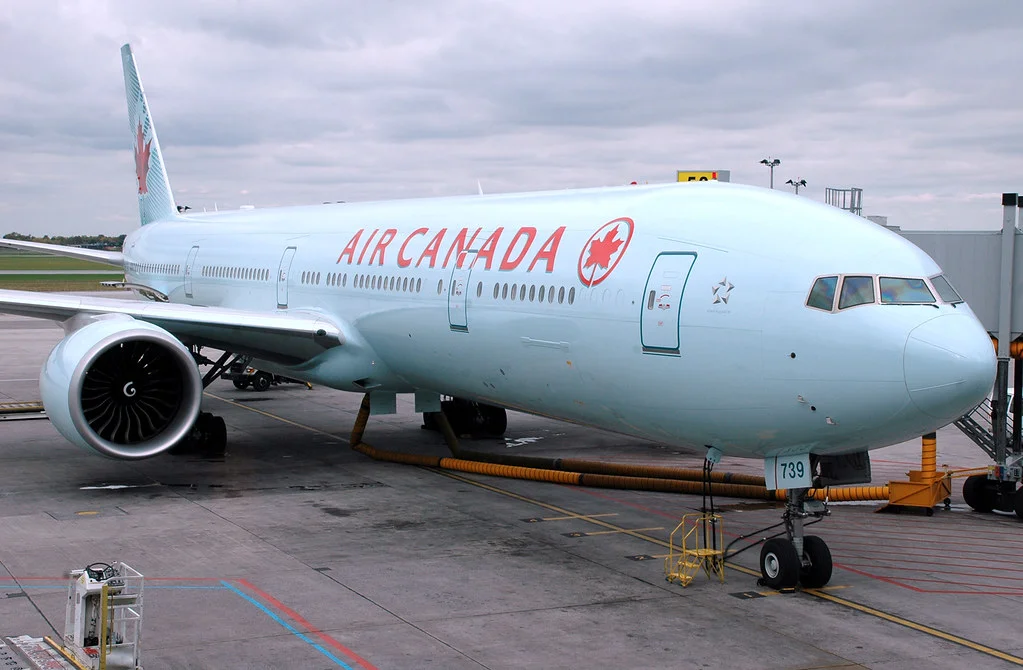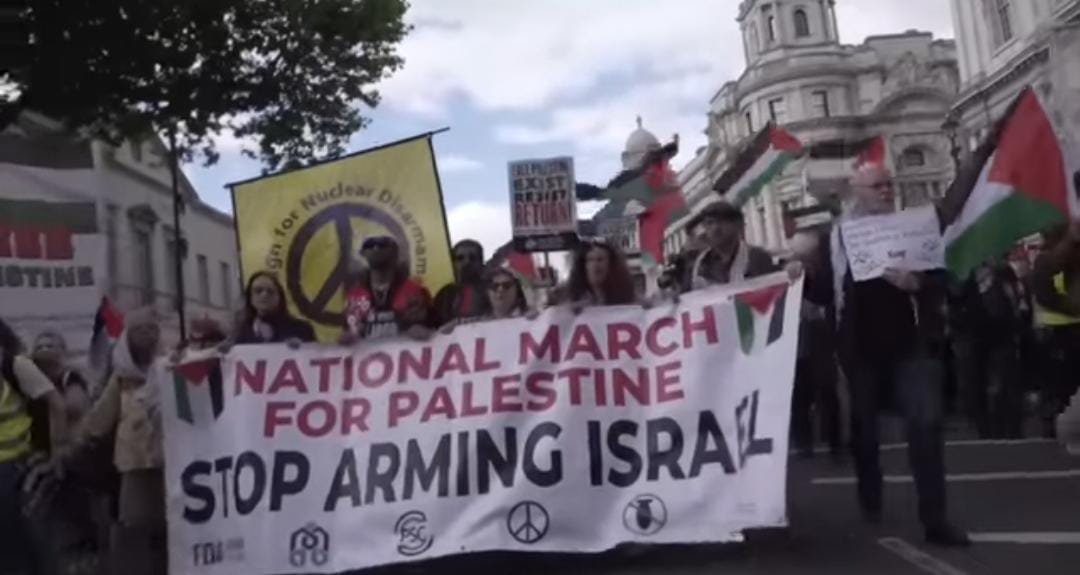On September 20, 2024, a critical flare-up took place in the Middle East when Israeli air strike hit Beirut, Lebanon, killing one of the most commanding leaders of Hezbollah, Ibrahim Aqil. This raised very serious concerns regarding an all-out war between Israel and Hezbollah, the Iran-backed Shia militant group. Casualty was too many in a densely populated area; therefore the strike heightened fears of further violence in the region.
Key Features
The Airborne Attack
The attack reportedly targeted the district of Dahieh, a Hezbollah safe haven, killing at least 14 people and injuring dozens more. The attacks reportedly caused at least one residential building to collapse, with chaotic scenes as rescue teams were mobilized to evacuate those trapped under the debris. Survivors remain under the rubble at the site as first responders help pull them out.
Casualties and Damage
Hezbollah confirmed the killing of Ibrahim Aqil, labeling him an important figure in their military operations. Other members of this terror group who were in the rank and were part of the death list were also killed. Damages were wide-scale from the attack, with several buildings severely damaged, and roads closed since the group sealed off the entire area. It’s the deadliest blow to Hezbollah since days of fighting started over cryptic explosions of communications equipment associated with the group. The attacks have been described as planned by Israeli forces.
Rising Tensions Context
This airstrike forms but just a fraction of a greater surge in violence between Israel and Hezbollah, especially since October 8, 2023, in this escalating conflict that began with an attack by Hamas on Israel. Opened in solidarity with Hamas, Hezbollah opened up rocket fire into Israeli territorial space. Hundreds of fighters and civilians lost their lives, tens of thousands were displaced from their homes since then.
Israel’s Motive
Israeli officials, including spokesman Daniel Hagari, stated that Aqil was involved in a strategy targeting Israeli civilians, specifically in a plan dubbed “Conquer the Galilee,” which aimed at infiltrating Israeli communities with hostile intent. Hagari said that Aqil and his gang were hiding in the civilian population of Dahieh, hence acting as human shields. This justification has been controversial ever since many argued that the civilian areas cannot be considered a valid military target.
Background History on Ibrahim Aqil
Ibrahim Aqil alias Tahsin was Hezbollah’s point man in Lebanon for nearly three decades. He was already associated with attacks in the 1980s, like bombings of the U.S. embassy in Beirut and a military barracks that killed scores of people. There was very good reason for the U.S. government actually having posted rewards for information that might lead to his capture because of his association with Hezbollah, declared a terrorist organization by Israel, the United States, and the United Kingdom.
Hezbollah’s Reaction
In retaliation, Hezbollah launched attacks by firing rockets into northern Israel from reports they received. It stated that about 140 rockets were fired at Israeli territory. The attack scale was an escalation, and Israeli police, fretting over possible damage to the infrastructure in the area sounded a warning. Hassan Nasrallah, leader of the group, condemned the actions of the Israelis saying they had crossed over to moral and legal lines. But, he vowed to respond, even as he hinted at avoiding further escalation.
FAQs
Q1: Who is Ibrahim Aqil?
Ibrahim Aqil is among Hezbollah’s chief commanders working with responsibility on plans of attacks against Israel. It has been since the 1980s that the case of association of Aqil with the group has been known.
Q2: What is Hezbollah?
Hezbollah is a Lebanon-based militant organization formed to fight against Israel. Iran supports it, while some countries, such as USA, UK, and Israel, along with others, regarded it as a terrorist organization.
Q3: Why did Israel bomb Beirut?
It was an aerial attack that Israel waged against Beirut to kill some of the important Hezbollah men on the list of wanted persons who had been planning attacks on Israeli civilians. Israel accused Hezbollah leaders of taking shelter in the civilian vicinity.
Q4: What does this mean?
It escalates hostilities between Israel and Hezbollah, raising that region’s fear for an even greater conflict. It sparked retaliatory rocket fire from Hezbollah into Israel.
Q5: What is happening in Lebanon?
The situation is still tense as both parties rearm military hardware expecting more fighting. Foreign governments now advise their citizens not to travel to Lebanon, for instance, the U.S. and the UK. This however keeps ringing alarms on the civilian casualties that may emerge.
Conclusion
Ibrahim Aqil’s death in the Israeli air assault marks a critical moment in the war between Israel and Hezbollah. This incident highlights the volatile nature of the region, where any instance of violence may flare up at any given time. Both the parties with mutual escalation may now become a potential threat for the conflagration of full-scale conflict. The international community is pretty worried and urges both parties to amicably resolve the issue. Well, if one gets all the nuances and the backdrop of the situation, then this can be called gaining insight into the hardships the region had to face and how such might have a bearing on the overall stability of the globe.




2 thoughts on “Top Hezbollah Commander Dies in Israeli Air Raid on Beirut”